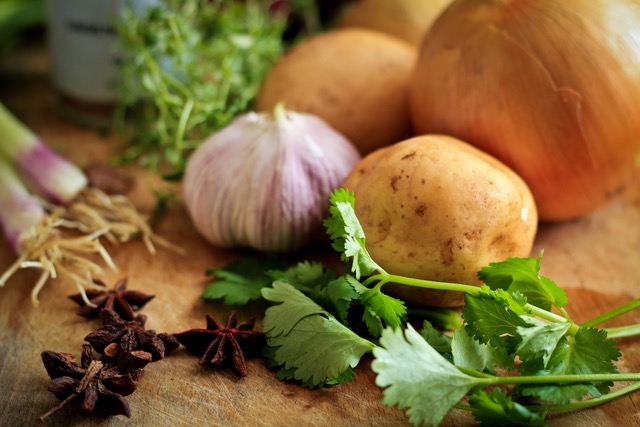Follow Your Gut...to Wellness
Jun 07, 2023
By: Jessie McGinty, RD
While some diet fads have been around for a little while – think: low carb, low fat, or raw foods
– others are newer to the scene. Only in recent years has research begun to look into how our
food choices impact our microbiome, or the complex ecosystem of microorganisms (bacteria,
viruses, fungi, etc.) that live in our gut. Not only do we now know that different dietary patterns
impact the make-up and variety of what exists in our microbiome, but we are beginning to
connect various health outcomes to the types of “bugs” that live in our digestive tract.
Some of these bugs can be harmful to our health, while others are incredibly beneficial.
Growing research suggests that a strong gut microbiota may impact everything from digestive
function, immunity, and mood, sleep and cognition to athlete health and performance. On the
flip side, exercise can influence gut microbiota composition depending on the exercise type,
intensity, and duration.
In general, a balanced diet rich in vegetables, fruits, whole grains, other high fiber foods
support good health. Some of these foods, contain components humans cannot digest – these
“pre-biotics” act as a sort of food for the microbiota. Meanwhile, foods that contain probiotics,
which are live bacteria. Eating a diet that is rich in both of these can help your gut microbiota
flourish, supporting your overall health and ultimately supporting your athletic performance.
Foods high in prebiotics include:
- Artichokes
- Asparagus
- Bananas
- Chicory root
- Garlic
- Onions
- Leeks
- Whole wheat
Foods high in probiotics include:
- Yogurt
- Kefir
- Sauerkraut
- Kimchi
- Miso
- Tempeh
- Kombucha
- Other fermented foods


While there are supplements, it’s always the best choose to consume prebiotics and probiotics
through whole foods. Not only will they come with additional beneficial nutrients, but they’ll
also give your gut microbiota a more natural balance of different microorganisms. A
supplement may be heavily focused on only one or two microorganisms, and supplements are
not regulated well enough for ensure purity.
While there’s still a lot of learn about the connection between what we eat and our gut
microbiome, we know enough to prioritize some of the foods above to make our guts happy
and healthy.
